






5-Star Service, Trusted & Loved by Hundreds
Your Appraiser Search Ends Here
Your Appraiser Search Ends Here
.avif)

Nationwide Coverage – Appraisals Anywhere in the US

Get it done Onsite or Online

Any Asset, Covered

Defensible for Any Purpose
Frequently Asked
Questions
No Frequently Asked Questions Found.
The claim process involves multiple intricate stages that require careful documentation and communication. Initially, the policyholder must promptly notify their insurance provider about the incident, providing comprehensive details and supporting evidence. This early communication establishes the foundation for a potential settlement.
Documentation plays a pivotal role in substantiating the claim's legitimacy. Policyholders must gather relevant materials such as photographs, receipts, official reports, and witness statements that comprehensively demonstrate the extent and circumstances of the loss. These materials serve as critical evidence during the insurance company's investigation.
Following notification, a claims adjuster will thoroughly review the submitted documentation, assess the incident's details, and determine the claim's validity based on the specific policy's terms and conditions. This professional evaluation ensures that the claim aligns with the agreed-upon coverage parameters.
The resolution phase involves the insurance company's decision to approve, deny, or negotiate the claim's compensation amount. If approved, the insurer will issue payment to the policyholder or directly to service providers, helping restore the financial position of the affected party.
Successful claims management requires precision, timeliness, and transparent communication. Policyholders who understand this process and maintain meticulous records significantly improve their chances of receiving fair compensation during challenging circumstances.
Professional appraisals deliver precise valuations that go beyond surface-level assessments. Certified appraisers meticulously evaluate property, considering nuanced factors like condition, market value, and specific characteristics that significantly impact overall worth. This detailed approach ensures policyholders receive fair and accurate compensation that truly reflects their property's value.
Documentation is another fundamental aspect of insurance claim appraisals. The formal assessment creates an authoritative record that serves as a critical reference point for both the policyholder and insurance company. This comprehensive documentation helps eliminate ambiguity, reduce potential disputes, and provide clear evidence of the property's condition and value at the time of loss.
Expert appraisers bring specialized knowledge that transcends typical property evaluation. Their professional insight allows for in-depth analysis of complex assets, whether it involves specialized items like vintage collectibles, intricate jewelry, or unique property types. This expertise becomes particularly valuable when standard assessment methods prove insufficient.
The appraisal process also expedites claim resolution by presenting a clear, professionally validated valuation. By providing a transparent and detailed assessment, policyholders can streamline negotiations and reduce potential delays or conflicts with insurance providers.
Moreover, these professional evaluations serve as a strategic tool if claim disputes arise. Should an initial claim be denied or undervalued, a comprehensive appraisal provides robust evidence to support an appeal, potentially reversing unfavorable initial determinations.
Beyond immediate claim resolution, appraisals offer broader insights into potential coverage gaps. During the evaluation process, appraisers might identify nuanced damage or underinsured aspects of a property, empowering policyholders to make more informed future insurance decisions.
Ultimately, a professional insurance claim appraisal transforms an potentially stressful situation into a methodical, transparent process. By leveraging expert assessment, policyholders gain confidence, clarity, and a strategic approach to navigating complex property loss scenarios.
The process involves a systematic approach that considers multiple critical factors. Appraisers carefully evaluate each piece of equipment, examining its technological specifications, current market conditions, physical condition, and potential functional utility. They analyze the equipment's age, technological relevance, operational status, and overall performance capabilities to generate an accurate valuation.
Key considerations during the appraisal include detailed documentation of the equipment's make, model, serial number, and maintenance history. Appraisers conduct thorough market research to understand current demand, technological trends, and comparable sales in the scientific equipment marketplace. They assess the equipment's condition through rigorous inspection, determining its operational integrity and potential remaining useful life.
Multiple valuation methodologies may be employed, including cost approach, sales comparison, and income-based strategies. These techniques allow for a comprehensive assessment that considers replacement costs, current market values, and potential revenue generation capabilities.
Professional lab equipment appraisals serve critical functions across various sectors, including research institutions, pharmaceutical companies, educational facilities, and biotechnology organizations. They provide essential insights for financial reporting, strategic planning, insurance documentation, and potential transaction considerations.
The true value of a professional appraisal lies not just in generating a number, but in offering a comprehensive understanding of scientific assets that supports informed decision-making and strategic asset management.
Appraisers can now collect detailed information through multiple digital channels, including high-resolution photographs, comprehensive documentation, and interactive video consultations. This approach is particularly advantageous for stationary or complex equipment that may be challenging to relocate or physically inspect.
Advanced digital methods allow professionals to thoroughly examine equipment specifications, condition, age, and market value with remarkable precision. Live video conferencing platforms enable real-time interactions, where appraisers can conduct detailed visual assessments and ask targeted questions about the equipment's history and functionality.
The digital appraisal process offers significant benefits for laboratories, research institutions, and businesses with equipment distributed across multiple locations. By minimizing logistical constraints, these online approaches provide flexibility, reduce assessment time, and maintain the highest standards of professional evaluation.
Qualified appraisers utilize sophisticated techniques to ensure accurate valuations that reflect current market conditions, technological relevance, and specific equipment characteristics. Their expertise guarantees a comprehensive and reliable assessment that meets professional industry standards.
General lab equipment appraisers maintain broad competencies, capable of evaluating diverse instruments ranging from basic microscopes to sophisticated analytical equipment. Their comprehensive understanding allows them to provide holistic assessments that consider technological complexity, market demand, and current operational condition.
Specialized appraisers delve into specific scientific domains, developing nuanced expertise in particular equipment categories. Medical diagnostics, biotechnology, pharmaceutical research, and industrial quality control represent key areas where these professionals demonstrate exceptional technical acumen. Their targeted knowledge enables precise valuations that account for intricate technological specifications and industry-specific performance standards.
Industrial and regulatory-focused appraisers bring additional layers of complexity to equipment assessment. They integrate deep understanding of compliance requirements, safety standards, and operational protocols into their valuation methodologies. For organizations operating in highly regulated environments, these professionals provide critical insights that extend beyond monetary value.
Forensic equipment appraisers occupy a unique niche, understanding the specialized requirements of investigative laboratories. Their assessments consider not just monetary value, but also critical factors like evidentiary integrity, precision instrumentation, and specialized technological capabilities.
Each appraiser type contributes distinctive perspectives, ensuring comprehensive and accurate equipment valuations that support strategic decision-making across scientific and industrial sectors.
Financial clarity stands as a primary benefit of professional equipment assessment. Precise valuations enable accurate financial reporting, support tax compliance, and provide critical documentation for insurance purposes. Organizations can optimize their asset management strategies by understanding the true market value and depreciation trajectory of their scientific instrumentation.
Equipment appraisals become particularly crucial during significant business transitions such as mergers, acquisitions, or strategic equipment sales. They offer an objective, professionally validated perspective on asset worth, facilitating transparent negotiations and informed decision-making. For research institutions and corporate laboratories, this means maintaining financial integrity while supporting strategic planning.
Insurance and risk management represent another vital consideration. Accurate equipment valuations ensure appropriate coverage levels, protecting organizations from potential underinsurance or unnecessary premium expenditures. In scenarios of loss or damage, a credible appraisal expedites claims processes and supports fair compensation.
Legal scenarios also benefit significantly from professional equipment assessments. Whether addressing estate planning, partnership dissolutions, or asset divisions, a meticulously documented appraisal provides an impartial benchmark for determining equipment value.
Beyond immediate financial implications, equipment appraisals offer strategic insights into technological infrastructure. They help organizations understand depreciation patterns, plan capital expenditures, and make informed decisions about equipment upgrades or replacements.
Ultimately, a comprehensive lab equipment appraisal transcends simple monetary evaluation. It represents a strategic tool that empowers organizations to make data-driven decisions, maintain financial transparency, and optimize their technological investments.
Why Do Lab Equipment Appraisals Matter for Insurance?
Lab equipment appraisals are a critical component in the complex landscape of insurance, providing significant value for both policyholders and insurance providers. These comprehensive assessments offer multiple strategic advantages that extend far beyond simple monetary valuation.
Key Benefits of Lab Equipment Appraisals
- Investment Documentation: Provide a precise representation of substantial financial investments in advanced research and scientific infrastructure
- Claims Processing Efficiency: Enable faster, more transparent insurance claim resolutions
- Asset Protection: Safeguard against potential financial losses through accurate valuations
Comprehensive Valuation Insights
Research and development laboratories, medical facilities, and educational institutions invest heavily in specialized equipment. Professional appraisals ensure that insurance policies accurately reflect the true market value of these critical assets, substantially reducing the risk of underinsurance.
Claims Resolution Advantages
During equipment damage or loss scenarios, detailed appraisal reports become instrumental. These documents provide insurance companies with:
- Precise equipment condition assessments
- Comprehensive age verification
- Accurate replacement cost estimations
Addressing Technological Depreciation
Given the rapid pace of technological advancement, lab equipment can quickly become obsolete. Regular appraisals allow facilities to:
- Track equipment value fluctuations
- Adjust insurance coverage dynamically
- Maintain optimal protection against potential losses
Building Institutional Trust
Professional equipment appraisals demonstrate a commitment to transparency, establishing credibility between insured entities and insurance providers. This approach fundamentally strengthens institutional relationships and ensures mutual understanding of asset values.
Ultimately, comprehensive lab equipment appraisals are not merely a financial formality but a strategic risk management tool that protects monetary investments and enhances overall operational resilience.
Key Considerations in Lab Equipment Valuation
Comprehensive Factors in Lab Equipment Valuation
Lab equipment appraisal is a nuanced process requiring meticulous analysis of multiple critical factors to determine accurate insurance claim values. Understanding these key considerations ensures a comprehensive and equitable assessment.
Critical Valuation Components
- Equipment Age and Condition
The operational status and age of lab equipment fundamentally impact its valuation. Key aspects include:
- Newer equipment with minimal wear commands higher market value
- Comprehensive inspection of functionality and overall condition
- Assessment of potential repair or maintenance requirements
- Market Demand and Comparative Analysis
Market dynamics significantly influence equipment valuation through:
- Tracking technological advancements
- Analyzing recent industry sales data
- Identifying comparable equipment transaction values
- Comprehensive Replacement Cost Evaluation
Replacement cost calculations encompass more than simple purchase price, including:
- Current market equipment pricing
- Applicable taxes and shipping expenses
- Installation and associated implementation fees
- Specialized Equipment Considerations
Unique equipment characteristics can substantially impact valuation:
- Advanced technological features
- Specialized application capabilities
- Proprietary modifications or certifications
- Systematic Depreciation Assessment
Accurate depreciation calculation involves evaluating multiple interconnected factors:
- Cumulative equipment usage
- Technological obsolescence rates
- Industry-specific depreciation standards
Precise lab equipment valuation demands a holistic approach, integrating these multifaceted considerations to deliver a robust and defensible insurance claim assessment.
What Makes a Lab Equipment Appraisal Comprehensive?
Key Components of a Comprehensive Lab Equipment Appraisal
A comprehensive lab equipment appraisal is a sophisticated process that combines detailed evaluation, specialized expertise, and precise analysis to establish the fair market value of laboratory assets for insurance claim purposes.
Essential Elements of a Thorough Appraisal
- Equipment Identification and Verification
- Precise documentation of equipment specifications
- Verification of make, model, and serial number
- Accurate recording of unique equipment characteristics
- Comprehensive Condition Assessment
- Evaluation of operational status
- Detailed analysis of wear and tear
- Identification of potential repair requirements
- Assessment of overall equipment functionality
- In-Depth Market Research
- Analysis of current market trends
- Comparison with recent sales of similar equipment
- Evaluation of supply and demand dynamics
- Consideration of technological advancements
- Purpose-Specific Valuation Adjustments
- Tailored approach for insurance claims
- Focus on replacement cost and functionality restoration
- Consideration of specialized equipment requirements
- Comprehensive Documentation and Reporting
- Detailed written report of findings
- Transparent explanation of valuation methodologies
- Clear presentation of appraisal conclusions
- Support for potential insurance claim processes
- Expert Evaluation Expertise
- Specialized knowledge of laboratory equipment
- Understanding of industry-specific standards
- Proven track record in technical asset valuation
- Ability to provide nuanced, accurate assessments
A meticulously conducted lab equipment appraisal delivers critical insights, ensuring stakeholders have a comprehensive understanding of their laboratory assets' true value and supporting accurate insurance claim processes.
Navigating the Complex World of Lab Equipment Valuation
Understanding the Nuances of Lab Equipment Valuation
The valuation of lab equipment is a critical process, particularly when preparing for insurance claims. Accurate appraisals are essential for protecting research institutions, medical facilities, and laboratories from potential financial losses.
Key Factors Impacting Equipment Value
- Age and Condition
Equipment age directly influences its appraised value. Newer, well-maintained machines typically command higher valuations, while older equipment with significant wear may have substantially reduced worth.
- Market Demand
Current market trends significantly impact equipment valuation. High-demand specialized equipment can retain or even appreciate in value, whereas outdated models may experience rapid depreciation.
- Manufacturing Integrity
Equipment maintaining original manufacturer specifications and parts typically receives higher valuations. Unauthorized modifications or aftermarket replacements can dramatically reduce an item's assessed value.
- Comprehensive Replacement Considerations
Insurance claims require a holistic approach to replacement costs, including:
- Original purchase price
- Current market replacement costs
- Shipping expenses
- Installation fees
- Applicable taxes
- Institutional Usage Context
The specific environment where equipment operates—whether clinical, research, or educational—plays a crucial role in determining depreciation rates and overall valuation.
Professional Appraisal Methodology
Professional lab equipment appraisal involves a comprehensive, on-site evaluation conducted by certified experts. These specialists meticulously assess multiple dimensions, including:
- Equipment physical condition
- Operational functionality
- Current market positioning
- Technological relevance
The resulting detailed report serves as a critical document for substantiating insurance claims and ensuring fair, accurate compensation for valuable scientific equipment.
Strategic Considerations
Successfully navigating lab equipment valuation requires a nuanced understanding of technical, market, and institutional factors. By comprehensively analyzing these elements, organizations can develop more accurate financial strategies for equipment management and insurance protection.
Essential Documentation for Insurance Claims
Essential Documentation for Laboratory Equipment Insurance Claims
When filing an insurance claim for lab equipment, thorough and accurate documentation is critical to ensuring a smooth and successful claims process. The right paperwork not only supports your claim but can significantly impact the settlement you receive.
Key Documentation Components
- Purchase Receipts and Invoices
Original receipts and invoices serve as critical proof of ownership and establish the equipment's initial purchase price. Ensure these documents are clear, legible, and readily accessible.
- Professional Appraisal Reports
An independent appraisal report provides a professional evaluation of the equipment's current market value. A recent, comprehensive appraisal establishes a strong foundation for your claim by demonstrating fair market value.
- Comprehensive Maintenance Records
Detailed maintenance documentation illustrates the equipment's condition and operational status at the time of loss. Include:
- Service agreements
- Periodic inspection reports
- Repair and maintenance invoices
These records enhance your credibility by showing consistent equipment care and maintenance.
- Visual and Descriptive Evidence
Compile high-quality photographs and a detailed inventory that includes:
- Equipment in operational condition
- Model numbers
- Serial numbers
- Comprehensive descriptions
Visual documentation provides tangible proof of ownership and equipment condition.
- Insurance Policy Analysis
Thoroughly review your insurance policy to understand:
- Coverage limits
- Specific exclusions
- Applicable deductibles
This knowledge helps set realistic expectations for potential reimbursement.
- Detailed Loss Documentation
Provide a comprehensive explanation of the loss, including:
- Circumstances surrounding the incident
- Precise replacement cost estimates
- Specific details about equipment damage
Detailed documentation assists insurance adjusters in efficiently evaluating your claim.
Final Recommendations
Methodically organizing these documents creates a clear, compelling narrative for your insurance claim. By presenting comprehensive, well-documented evidence, you improve the likelihood of a favorable and expedient claims resolution.
How Do Appraisers Determine Lab Equipment Value?
Key Factors in Lab Equipment Valuation
Professional appraisers employ a comprehensive methodology to determine the precise value of lab equipment for insurance claims. This process involves multiple strategic approaches to ensure accurate and fair assessments.
1. Equipment Specification Analysis
- Detailed examination of equipment type, manufacturer, and model
- Comprehensive assessment of equipment condition
- Evaluation of:
- Operational status
- Physical wear and tear
- Technological relevance
2. Comprehensive Market Research
- Extensive analysis of comparable equipment sales
- Review of current market listings
- Tracking recent sales trends
- Assessment of current market demand
3. Precision Depreciation Calculation
- Systematic depreciation rate determination
- Consideration of key depreciation factors:
- Equipment age
- Technological obsolescence
- Usage intensity
- Maintenance history
4. Replacement Cost Methodology
- Calculation of current replacement cost
- Comparison with existing equipment value
- Assessment of equivalent modern alternatives
- Alignment with insurance claim restoration principles
5. Comprehensive Documentation Validation
- Review of critical documentation:
- Original purchase receipts
- Maintenance records
- Certification documentation
- Adherence to professional appraisal standards
- Ensuring complete transparency in valuation process
By integrating these sophisticated approaches, appraisers develop precise, reliable valuations that maintain the highest standards of professional assessment.
Protecting Your Investment: Risk Management Through Accurate Appraisals
Protecting Valuable Scientific Investments Through Strategic Risk Management
Lab equipment represents a critical financial and operational asset for scientific and research organizations. These sophisticated instruments are not merely tools, but significant investments that drive innovation, research, and production capabilities. Understanding their true value becomes paramount, especially when navigating complex insurance landscapes.
The Comprehensive Appraisal Process
A professional lab equipment appraisal involves a meticulous evaluation that considers multiple critical factors:
- Current market conditions
- Equipment specifications and technical capabilities
- Age and overall condition
- Technological relevance
- Replacement and reproduction costs
Strategic Benefits of Precise Equipment Valuation
- Enhanced Insurance Protection
Accurate valuations ensure comprehensive coverage that reflects your equipment's true worth, preventing potential financial shortfalls during unexpected events.
- Streamlined Claims Management
Detailed documentation expedites insurance claim processes, reducing administrative burden and potential disputes during recovery scenarios.
- Strategic Asset Management
Regular appraisals provide insights into equipment depreciation, helping organizations make informed decisions about maintenance, replacement, and investment strategies.
- Financial Planning and Reporting
Precise equipment valuations support accurate financial statements, audits, and long-term budgetary planning.
Risk Mitigation Strategies
Proactive risk management through comprehensive equipment appraisals involves:
- Conducting periodic professional assessments
- Maintaining detailed equipment records
- Understanding market value fluctuations
- Implementing robust insurance coverage
By prioritizing accurate equipment valuation, organizations can protect their scientific investments, ensure operational continuity, and maintain financial resilience in an ever-evolving technological landscape.
Common Pitfalls in Lab Equipment Insurance Claims
Common Challenges in Lab Equipment Insurance Claims
When filing insurance claims for lab equipment, several critical challenges can potentially compromise your claim's success. Understanding these potential obstacles enables lab managers and business owners to proactively navigate the complex insurance claims landscape.
Key Pitfalls to Avoid
- Inadequate Documentation
Insufficient record-keeping can critically weaken an insurance claim. Essential documentation includes:
- Comprehensive equipment purchase records
- Detailed maintenance logs
- Professional appraisal documentation
- High-quality equipment photographs
- Original purchase receipts
- Policy Coverage Misunderstandings
Many lab owners struggle with understanding their insurance policy's nuanced details. Critical areas to examine include:
- Specific coverage limitations
- Depreciation calculations
- Accidental damage provisions
- Theft protection parameters
- Inaccurate Equipment Valuation
Precise equipment valuation is crucial. Potential valuation errors can include:
- Overestimating current market value
- Underestimating replacement costs
- Failing to account for technological depreciation
- Delayed Incident Reporting
Timely communication is paramount in insurance claims. Potential consequences of delayed reporting include:
- Claim validity challenges
- Potential claim rejection
- Reduced compensation
- Neglecting Regular Appraisal Updates
Equipment values fluctuate due to various factors, including:
- Technological advancements
- Market condition changes
- Equipment age and condition
Strategic Approach
By proactively addressing these potential challenges, lab owners can significantly improve their insurance claim preparation. Maintaining meticulous records, understanding policy details, and seeking professional appraisal guidance are essential strategies for ensuring fair and comprehensive equipment insurance coverage.
Maximizing Your Insurance Coverage: A Strategic Approach
Strategic Approach to Lab Equipment Insurance Coverage
Laboratory equipment represents a substantial financial investment that requires careful protection and strategic planning. Understanding the nuanced approach to equipment appraisal can significantly impact your insurance coverage and financial security.
1. Comprehensive Equipment Documentation
- Create a detailed inventory of all lab equipment
- Include critical information for each item:
- Manufacturer
- Model number
- Serial number
- Current condition
- Purchase date
- Original purchase price
- Capture high-resolution photographs documenting equipment condition
- Store documentation in multiple secure locations
2. Professional Appraisal Process
Engaging a qualified appraiser specializing in laboratory equipment is crucial for accurate valuation. Professional appraisers offer comprehensive assessments that consider:
- Current market conditions
- Equipment age and depreciation
- Technological relevance
- Replacement and repair costs
- Specialized functional capabilities
3. Insurance Policy Expertise
Thoroughly understanding your insurance policy helps maximize potential coverage:
- Review coverage limits carefully
- Identify specific policy exclusions
- Understand claim filing requirements
- Clarify replacement versus depreciated value terms
4. Continuous Monitoring and Updates
Maintaining an proactive approach to equipment valuation involves:
- Conducting periodic equipment reappraisals
- Updating insurance documentation annually
- Communicating equipment changes to your insurance provider
- Tracking technological advancements in your field
By implementing these strategic steps, laboratories can create a robust financial protection framework that safeguards critical equipment investments and ensures operational continuity during unexpected challenges.
View all Locations
BEST-IN-CLASS APPRAISERS, CREDENTIALED BY:






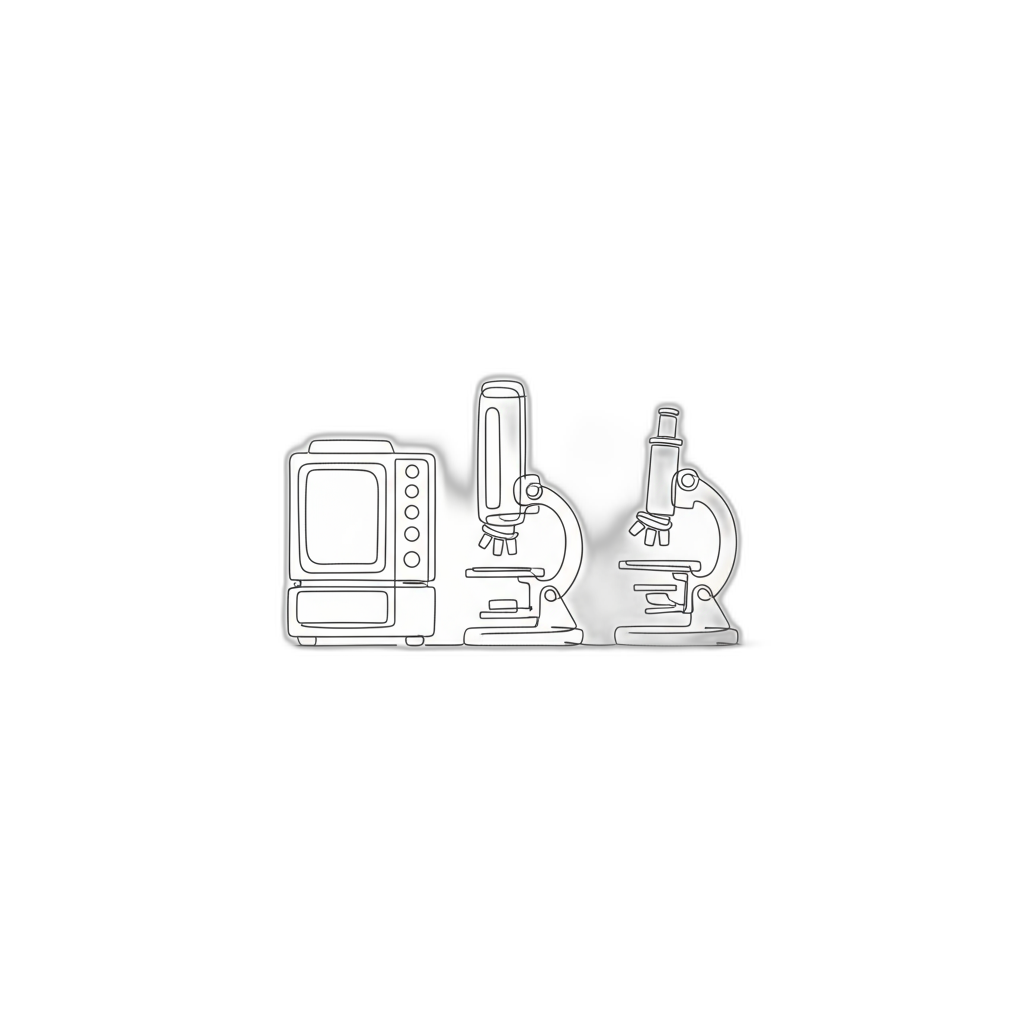

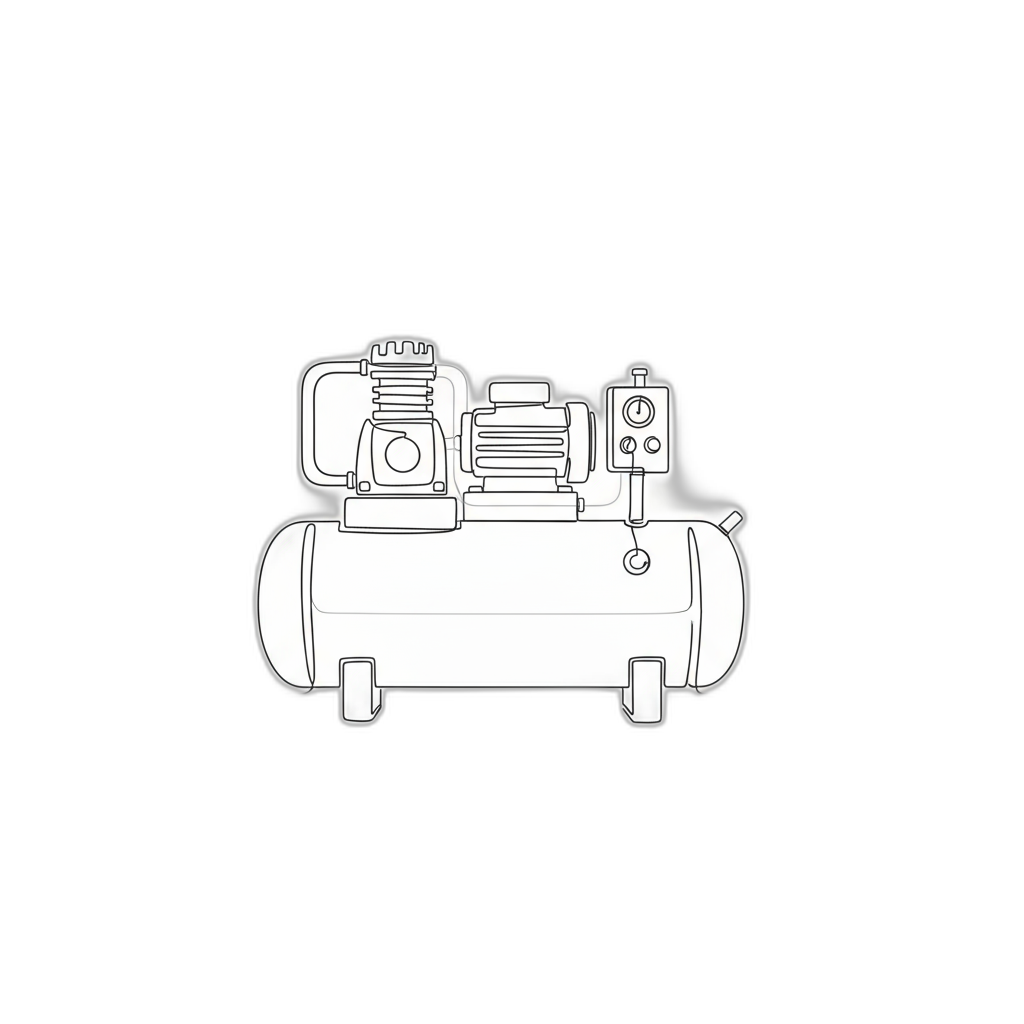
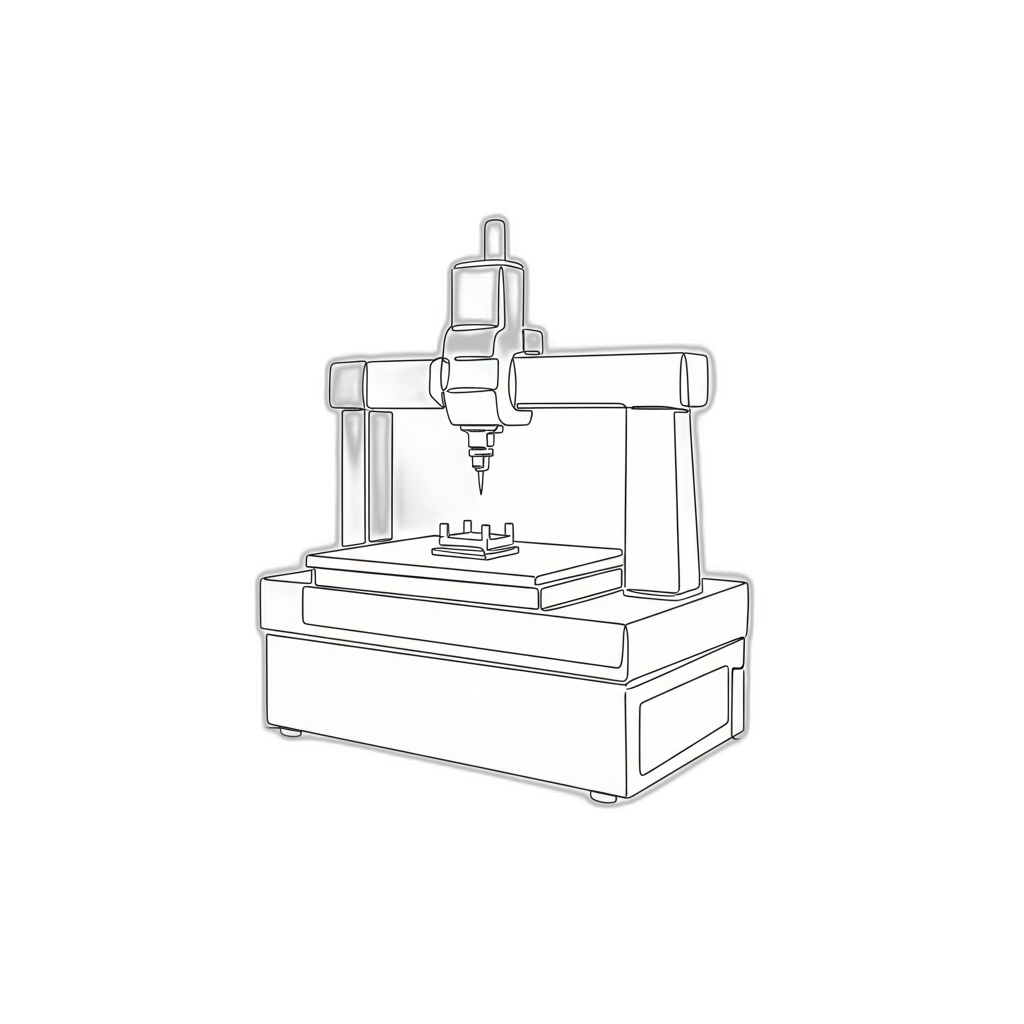
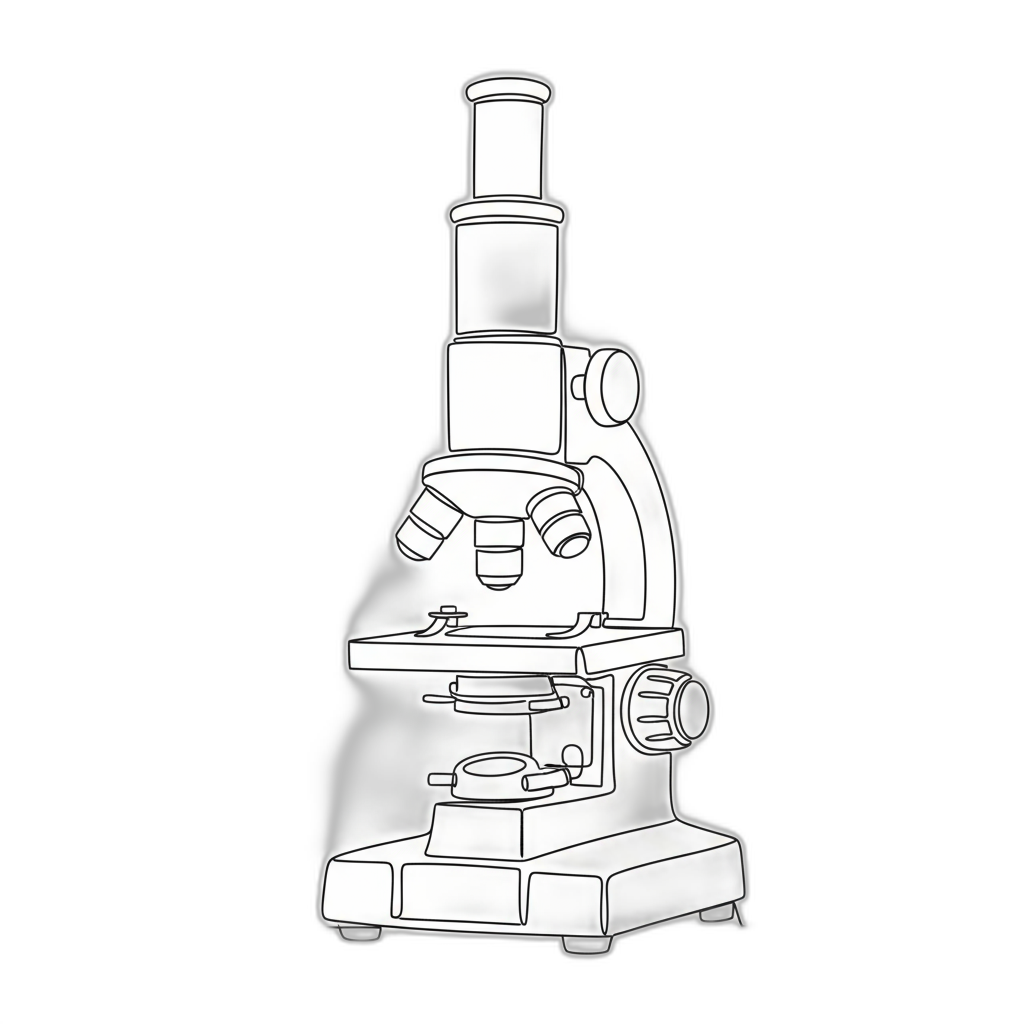
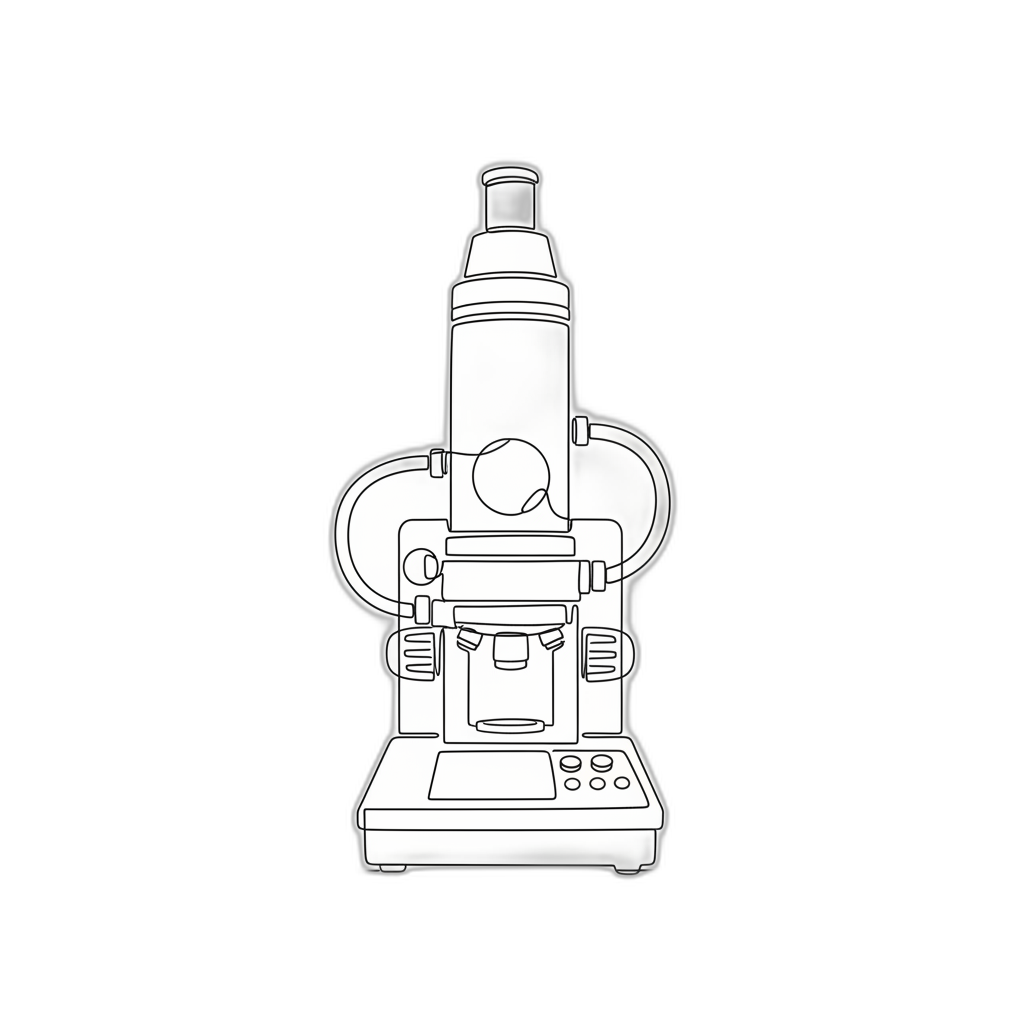
.svg)









